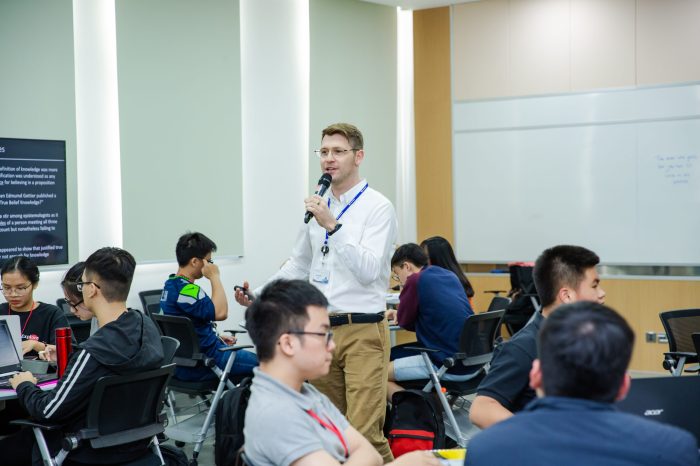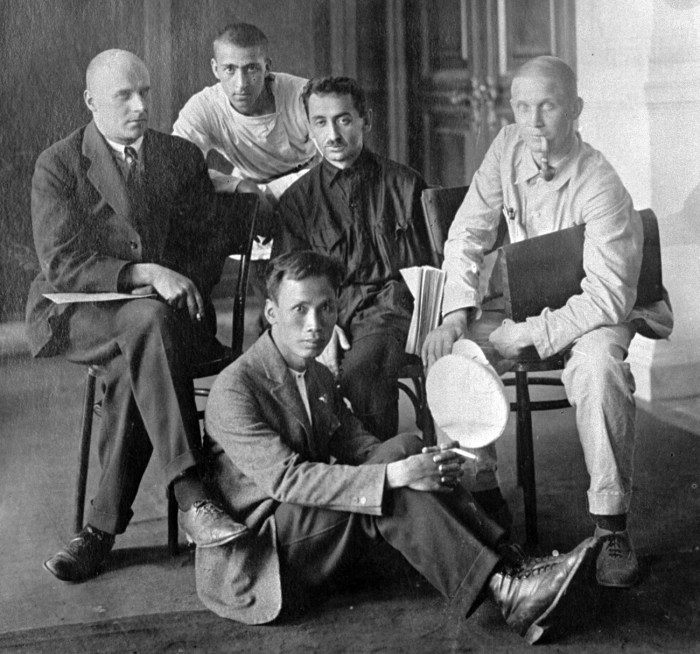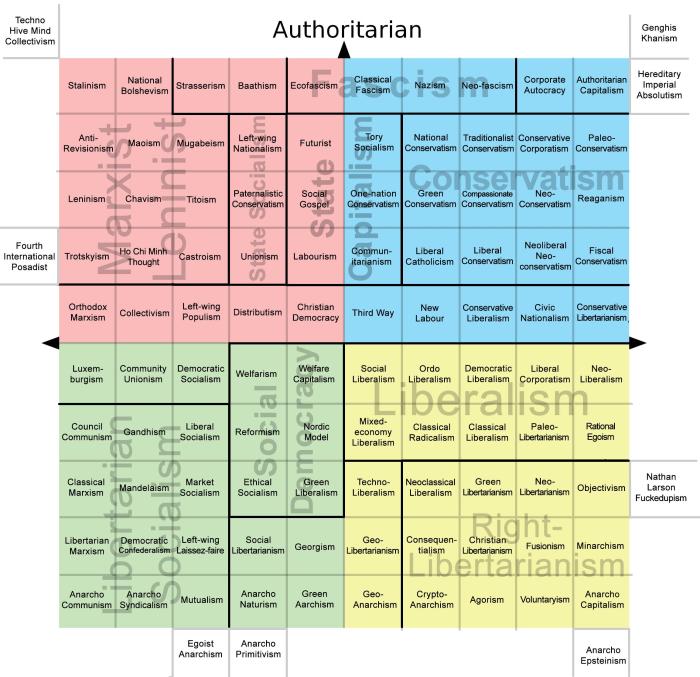What was ho chi minh political/economic philosophy – Ho Chi Minh’s political and economic philosophy, rooted in communism and self-reliance, has profoundly shaped Vietnam’s history and continues to influence its present-day trajectory. This comprehensive analysis delves into the intricacies of his ideology, exploring its origins, key tenets, and lasting impact on both Vietnam and Southeast Asia.
Ho Chi Minh’s unwavering commitment to communism stemmed from his belief in its ability to create a just and equitable society. He envisioned a state that served the people’s interests, emphasizing the importance of national liberation and self-determination.
Ho Chi Minh’s Political Philosophy: What Was Ho Chi Minh Political/economic Philosophy

Ho Chi Minh was a committed communist, and his political philosophy was heavily influenced by Marxism-Leninism. He believed that the only way to achieve true independence and liberation for Vietnam was through a socialist revolution.
Ho Chi Minh’s View of the Role of the State
Ho Chi Minh believed that the state should play a central role in the development of Vietnam. He argued that the state should be responsible for providing for the basic needs of its citizens, including education, healthcare, and housing. He also believed that the state should play a leading role in the economy, and that it should control the key industries.
Ho Chi Minh’s Ideas on National Liberation and Self-Determination
Ho Chi Minh was a strong advocate for national liberation and self-determination. He believed that all nations had the right to be free from foreign domination and to determine their own destiny. He also believed that the Vietnamese people had the right to self-determination, and that they should be free to choose their own government and economic system.
Ho Chi Minh’s Economic Philosophy

Ho Chi Minh’s economic philosophy was based on the principles of self-reliance and economic independence. He believed that Vietnam should not rely on foreign aid or investment, but should instead develop its own economy through its own resources.
Ho Chi Minh’s Economic Policies
Ho Chi Minh’s economic policies included a focus on land reform, the development of heavy industry, and the promotion of agricultural cooperatives. He also believed that the private sector should play a role in the economy, but that it should be regulated by the state.
Ho Chi Minh’s Approach to Land Reform
Ho Chi Minh believed that land reform was essential for the development of Vietnam. He argued that the land should be owned by the people, and that it should be used to produce food for the nation. He also believed that land reform would help to reduce poverty and inequality in Vietnam.
Ho Chi Minh’s Leadership and Legacy

Ho Chi Minh’s Leadership Style
Ho Chi Minh was a charismatic and inspiring leader. He was able to unite the Vietnamese people behind his vision of a free and independent Vietnam. He was also a skilled negotiator, and he was able to secure international support for Vietnam’s cause.
Ho Chi Minh’s Charisma and Ability to Inspire, What was ho chi minh political/economic philosophy
Ho Chi Minh was a gifted orator, and he was able to inspire people with his words. He was also a humble and compassionate leader, and he was deeply concerned with the welfare of the Vietnamese people.
Ho Chi Minh’s Lasting Impact
Ho Chi Minh’s political and economic philosophy has had a lasting impact on Vietnam. His ideas have helped to shape Vietnam’s development, and they continue to inspire Vietnamese people today.
Ho Chi Minh’s Influence on Southeast Asia

Ho Chi Minh’s Influence on Other Communist Movements
Ho Chi Minh’s ideas had a significant influence on other communist movements in Southeast Asia. His success in leading Vietnam to independence inspired other communist leaders in the region, and his ideas helped to shape the development of communist movements in Cambodia, Laos, and Thailand.
Ho Chi Minh’s Role in the Formation of the Indochinese Communist Party
Ho Chi Minh played a key role in the formation of the Indochinese Communist Party (ICP). The ICP was founded in 1930, and it was the first communist party in Southeast Asia. The ICP was a major force in the struggle for independence in Vietnam, Cambodia, and Laos.
Ho Chi Minh’s Legacy in Regional Politics and Security
Ho Chi Minh’s legacy continues to play a role in regional politics and security. His ideas about national liberation and self-determination have inspired other movements in the region, and his legacy as a leader who was able to unite a nation continues to inspire people today.
FAQ
What were the key principles of Ho Chi Minh’s political philosophy?
Ho Chi Minh’s political philosophy emphasized communism, national liberation, and the role of the state in serving the people’s interests.
How did Ho Chi Minh’s economic philosophy impact Vietnam’s development?
Ho Chi Minh’s focus on self-reliance and economic independence led to policies that promoted land reform, agricultural development, and the establishment of a socialist economy.